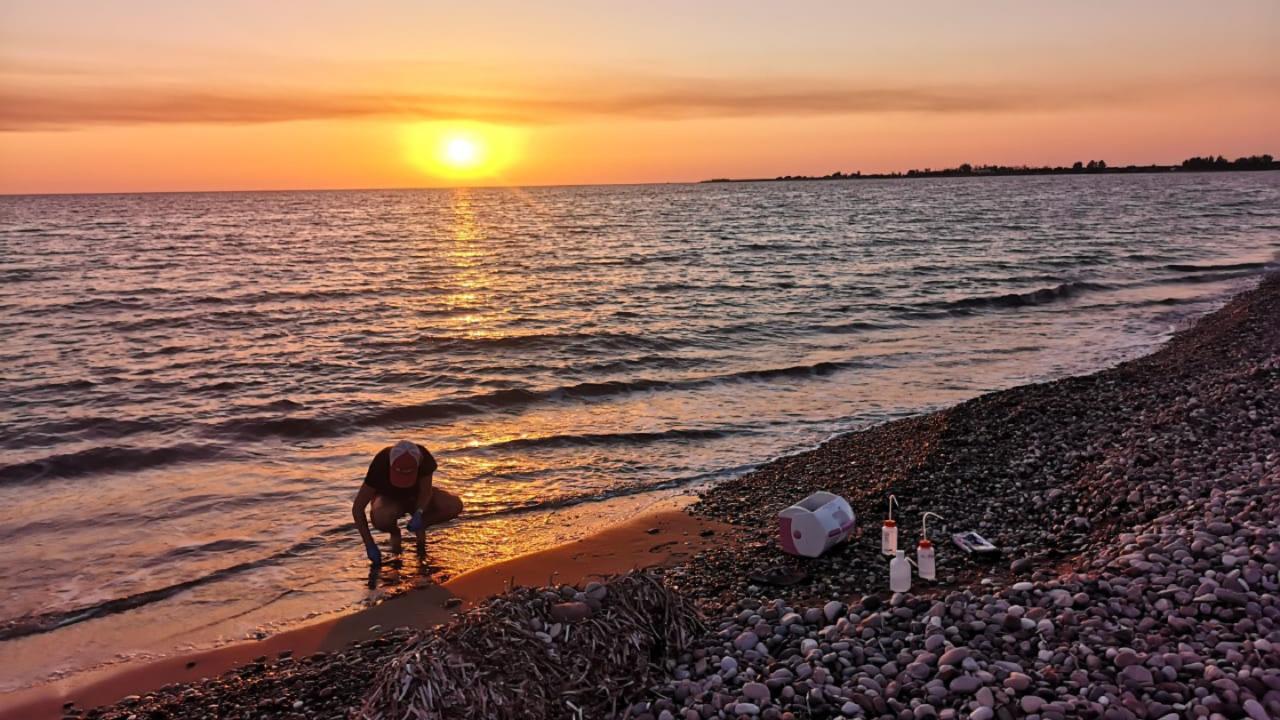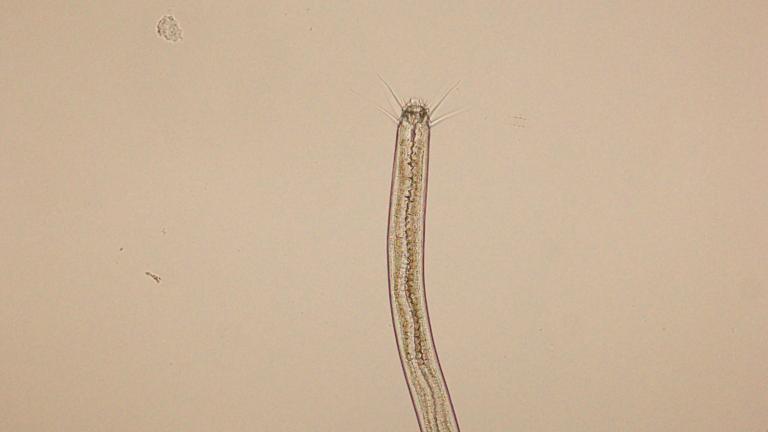
As a PhD candidate within the MEIODYSSEA consortium, my research focuses on the diversity of meiofauna in coral reefs across different latitudes in the Western Pacific. Using morphological and genetic data, I study how environmental factors influence the taxonomic and functional diversity of meiofauna to gain insight into their distribution and the processes underlying these patterns.
Keywords
Meiofauna, Marine Biology, DNA Barcoding, Transcriptomics, Metabarcoding, Morphology, Functional Diversity
Researchinterest
Marine meiofauna are small benthic invertebrates. The group is defined by size (<1mm). Examples of meiofaunal taxa are nematodes, copepods, ostracods and tardigrades.
Functional traits, i.e., morphological, physiological, and behavioral characteristics, mediate species' responses to the environment and may offer important insights into mechanisms that shape and constrain communities. By examining how functional traits respond and change along environmental and spatial gradients, I aim to understand whether high species richness translates into greater functional redundancy and how this might lead to higher resilience in coral reef ecosystems. This can help understand the mechanisms that lead to ecosystem resilience and vulnerability, which is especially relevant in the face of anthropogenic pressures and climate change.


Currenttopics
A selection of the topics I am working on currently:
- Biogeographical patterns of meiofauna in (sub)tropical coral reefs.
- Integrating molecular and morphological approaches for the study of meiofauna functional diversity.
Keypublications
- Gielings, R., Fais, M., Fontaneto, D., Creer, S., Costa, F. O., Renema, W., & Macher, J. N. (2021). DNA metabarcoding methods for the study of marine benthic meiofauna: A review. Frontiers in Marine Science, 8, 730063.